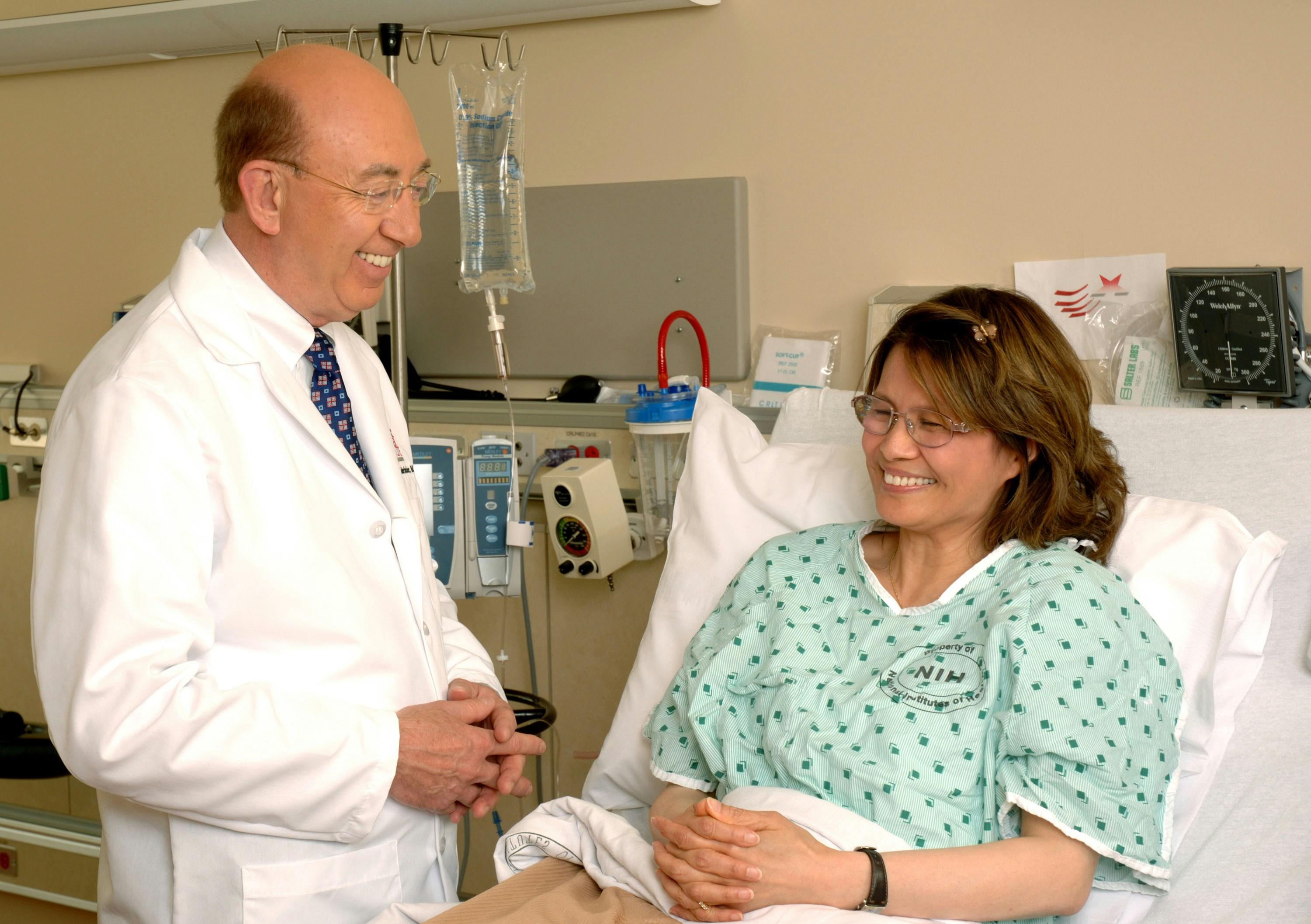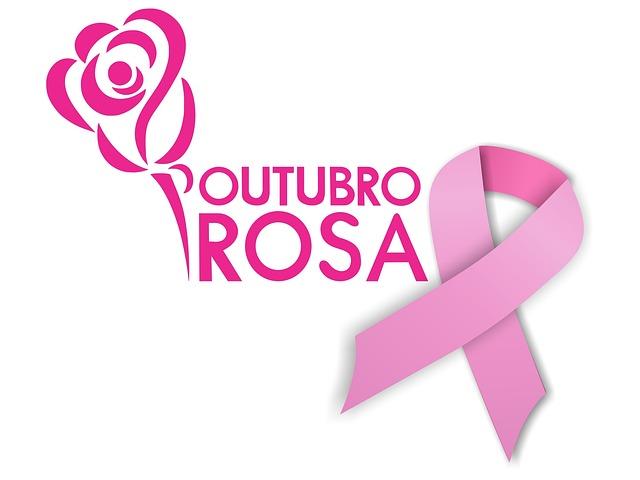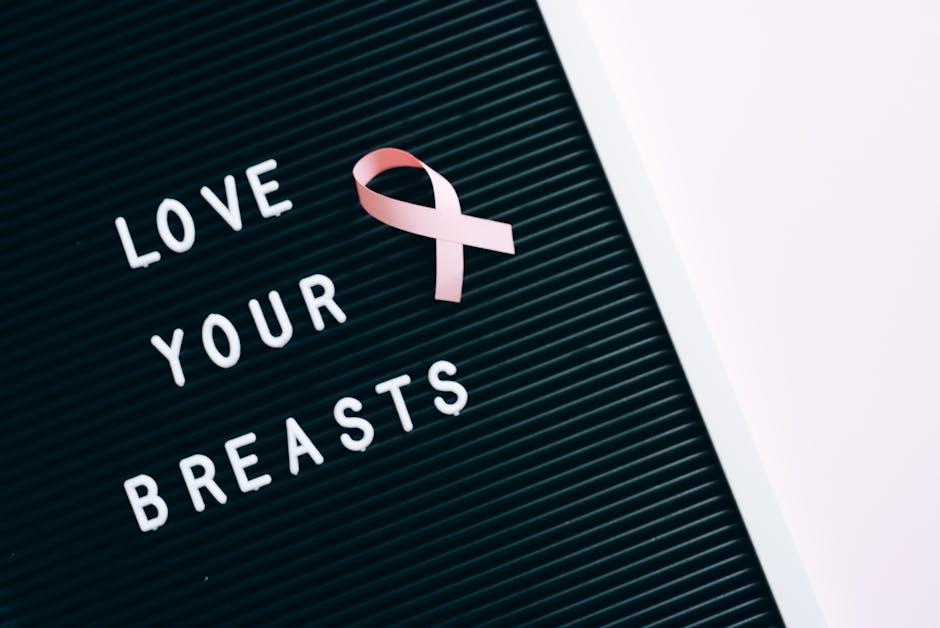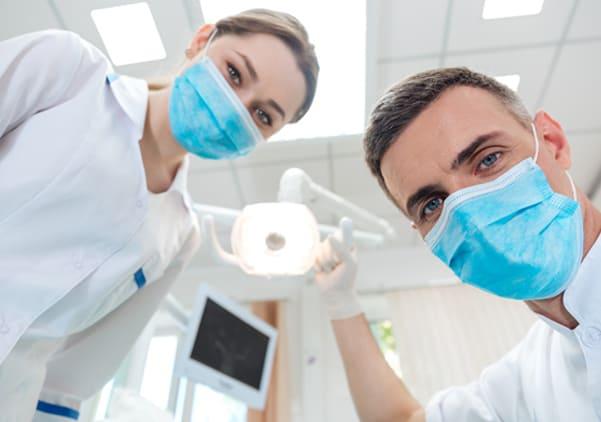In the intricate tapestry of human health, few words evoke as much emotion and urgency as “cancer.” It weaves its way into our lives, often uninvited, casting shadows of uncertainty and fear. Yet, amidst this daunting landscape, there is a beacon of hope: early detection. Like a lighthouse guiding ships through treacherous waters, essential cancer screenings stand as vigilant sentinels, offering a pathway to clarity and control. These screenings, each a testament to the marvels of modern medicine, hold the potential to transform outcomes and save lives. In this exploration, we delve into the vital screenings everyone should be aware of, empowering individuals with knowledge that could make all the difference. Let us navigate this crucial terrain together, shedding light on the screenings that serve as our first line of defense against one of humanity’s most formidable foes.
Understanding the Importance of Early Detection
Early detection is a cornerstone in the fight against cancer, serving as a beacon of hope that can significantly improve survival rates and treatment outcomes. Through vigilant screening processes, potential health issues can be identified at a nascent stage, often before symptoms even arise. This proactive approach not only empowers individuals with the knowledge to make informed health decisions but also offers a critical window of opportunity for less invasive and more effective treatments.
- Empowerment: Being aware of your health status provides a sense of control and peace of mind.
- Timely Intervention: Early detection often means that cancer can be treated more easily and successfully.
- Cost-Effectiveness: Treating cancer in its early stages can be less costly than addressing it at a more advanced stage.
- Improved Quality of Life: Catching cancer early can reduce the severity of treatment side effects and enhance overall well-being.

Key Screenings for Common Cancer Types
Detecting cancer early can significantly improve treatment outcomes, and understanding the recommended screenings for common types can empower individuals to take proactive steps in managing their health. Here are some key screenings to consider:
- Breast Cancer: Women aged 40 and above are generally advised to undergo regular mammograms. This X-ray of the breast can help detect tumors that are too small to be felt.
- Cervical Cancer: Pap smears and HPV testing are crucial for women starting at age 21. These tests can identify precancerous changes in the cervix.
- Colorectal Cancer: Colonoscopies are recommended for individuals over 45, as they can detect polyps before they turn cancerous.
- Lung Cancer: Annual low-dose CT scans are suggested for those aged 50-80 with a significant smoking history, as early detection can lead to better outcomes.
- Prostate Cancer: Men over 50 should discuss PSA testing with their healthcare provider, especially if they have a family history of the disease.
Staying informed about these screenings and discussing them with your healthcare provider can be a vital step in maintaining your health and well-being.
Guidelines and Recommendations for Different Age Groups
Understanding the importance of cancer screenings tailored to various age groups can significantly impact early detection and successful treatment. For individuals in their 20s and 30s, awareness and lifestyle choices play a crucial role. Regular self-examinations and awareness of family medical history can be pivotal, while women should consider cervical cancer screenings starting at age 21. As individuals transition into their 40s and 50s, the focus shifts to more structured screenings. Mammograms become essential for women, typically starting at age 40, and colorectal screenings are recommended for both men and women beginning at age 45. It’s a stage of life where proactive healthcare becomes increasingly important.
For those in their 60s and beyond, maintaining a regular schedule for screenings is vital. Prostate cancer screenings for men and continued breast and colorectal screenings for women are advised. Additionally, discussions with healthcare providers about the benefits and risks of lung cancer screenings, particularly for those with a history of smoking, can be life-saving. Emphasizing personalized medical advice ensures that screenings are tailored to individual health needs and family histories. By staying informed and proactive, each age group can take charge of their health, fostering a future where cancer is detected early and treated effectively.

Navigating the Screening Process with Confidence
Approaching the journey of cancer screenings with assurance begins with understanding the tests that are essential for early detection. These screenings are not just routine checks; they are powerful tools in safeguarding your health. Here’s a concise guide to the pivotal screenings you should consider:
- Mammograms: Essential for women, these screenings help in detecting breast cancer at its earliest stages.
- Colonoscopy: Recommended for both men and women, this test is crucial in identifying colon cancer, often before symptoms arise.
- Pap Smear: Aimed at women, this test plays a vital role in detecting cervical cancer and other abnormalities.
- PSA Test: For men, particularly those over 50, this screening is vital in the early detection of prostate cancer.
- Skin Checks: Regular examinations can catch skin cancer early, making it easier to treat.
Armed with knowledge and a proactive mindset, navigating these screenings can become a seamless part of your health routine, empowering you to take charge of your well-being.








